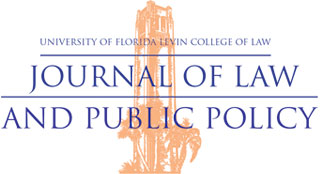
Abstract
Doxing, or the sharing of one’s personally identifiable information on the Internet without consent, saw a boom during the COVID-19 pandemic. It became a way for Internet users to punish people for racist, rude, or anti-masking behavior and to quench a collective thirst for justice. While some continue to view doxing as an exercise in accountability, it is a malleable tool that can suit anyone’s aim. White supremacists, neo-Nazis, and the alt-right regularly resort to doxing those with whom they disagree. Beyond the harassment, financial harm, and death threats doxing victims face, it is a tactic that is counter to foundational First Amendment values. An omnipresent threat of doxing has the potential to close the marketplace of ideas and suppress the free flow of thought.
Presently, there is no clear protection for doxing victims. Although more and more states are considering legislation and social media websites are attempting to self-regulate, the present mechanisms remain inadequate. Jurisdictional issues, First Amendment concerns, and Section 230 of the Communications Decency Act present huge barriers to effective regulation. Doxing victims pay the price and are left without clear recourse. For these reasons, this Article argues that the federal government must pass anti-doxing legislation to adequately protect against the tactic. This Article proposes a piece of model legislation that addresses doxing’s unique features and First Amendment concerns.
Recommended Citation
Shankman, Hannah
(2023)
"How to Close Pandora's Dox: A Case for the Federal Regulation of Doxing,"
University of Florida Journal of Law & Public Policy: Vol. 33:
Iss.
2, Article 6.
Available at:
https://scholarship.law.ufl.edu/jlpp/vol33/iss2/6